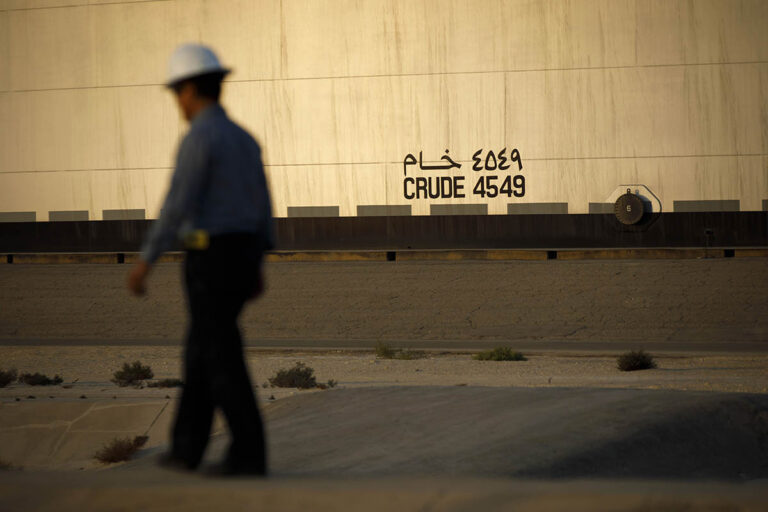The transition to renewable energy is heavily reliant on critical minerals, yet sudden increases in the price of these essential commodities can have significant impacts on inflation and oil prices, which can frustrate the transition to a sustainable economy.
A new study by economist Jennifer Considine and colleagues from the King Abdullah Petroleum Studies and Research Center (KAPSARC) sheds light on the complex interplay between critical minerals prices, oil prices, and inflation.
Using historical data going back to 1979, the researchers analyzed the relationships between these factors in 29 countries. They explored how price increases in critical minerals affect inflation and oil prices, and in turn how changing oil prices impact the price of critical minerals.
Critical minerals are those that are of strategic importance to technological development, particularly around renewable energy, and which are also at high risk of supply disruption. The list includes metals such as nickel and zinc, rare earth metals, and even radioactive elements and isotopes.
“It’s one of the first empirical attempts to see whether an increase in critical mineral prices actually causes inflation, how these things relate to each other, and how critical minerals prices relate to oil prices,” Considine says.
The team found that an increase in the price of critical minerals can lead to a significant increase in inflation in most countries. This was particularly evident in the UK, which not only had the highest share of renewables among the countries analyzed, but imports most of its critical minerals, making it vulnerable to price shocks.
In contrast, the increase in critical minerals prices had very little effect in China, which Considine attributes to the country’s preparedness for changes in the critical minerals market. “They have been thinking about this for quite a long time, and they’ve put their supply chains in place with long-term contracts at lower prices,” she explains.
Furthermore, the analysis also found that spikes in oil prices can lead to increases in critical minerals prices as well as inflation. “Critical mineral prices cannot respond quickly to price signals because it takes oil to mine them, and this can result in an increase in inflation,” she says.
The analysis highlights pitfalls for nations looking to implement economic or trade policies, such as tariffs, that could cause the price of critical minerals to rise, she highlights. “Without a clear understanding of the industry dynamics, adopting policy tools can lead to unexpected or unwanted consequences.”
Reference
1. Considine, J.; Galkin, P.; Hatipoglu, E.; Aldayel, A.; The effects of a shock to critical minerals prices on the world oil price and inflation. Energy Economics, 127: 106934, 2023 | Article




